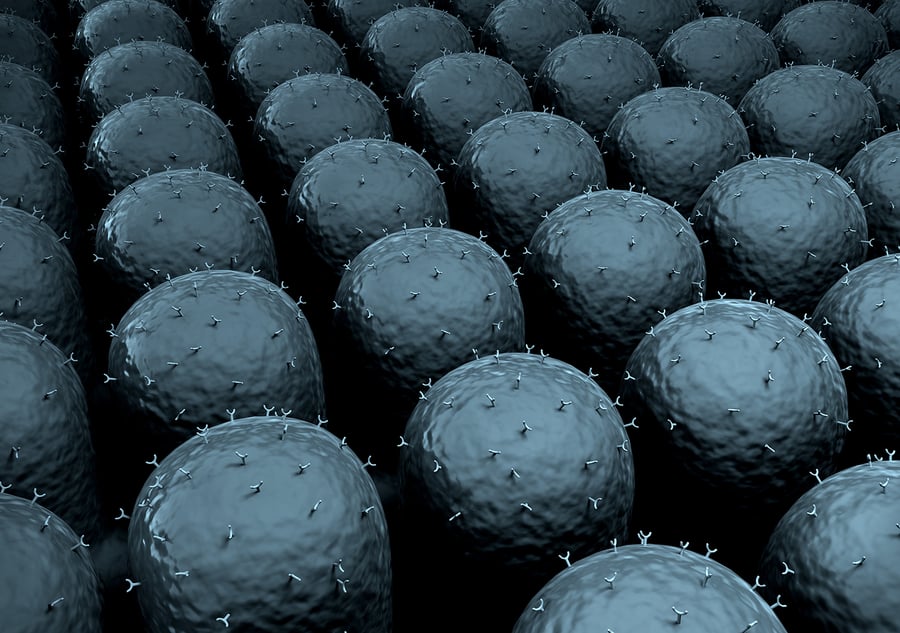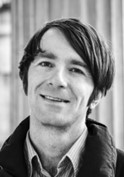
Recorded webinar
Novel approaches to acoustic immunosensing of extracellular vesicles
This webinar, presented by Dr. Stefan Guldin, focuses on innovative techniques for acoustic immunosensing of extracellular vesicles (EVs). It covers the development and application of adaptive nanomaterials for biosensing, particularly using QCMD (Quartz Crystal Microbalance with Dissipation) and electrochemical methods to improve the sensitivity and specificity of EV detection. The session includes detailed insights into optimizing sensor surfaces and discusses the broader implications for diagnostics and healthcare.
Webinar details
-
Originally aired
December 20, 2023
-
Length
20 min
-
Presentation by
Dr Stefan Guldin
-
Technologies
QCM-D

In this webinar:
-
Explore new nanomaterial strategies for advanced acoustic immunosensing of extracellular vesicles.
-
See real-world uses of QCMD and impedance spectroscopy in biosensor development.
-
Learn how surface optimization boosts biomarker detection in diagnostics.

Presentation by Dr Stefan Guldin
Dr Stefan Guldin is an associate professor in Chemical Engineering and head of the Adaptive and Responsive Nanomaterials (AdReNa) group at University College London. In 2021, he was appointed as deputy head of department and lead for enterprise. SG studied Physics at Karlsruhe Institute of Technology (2003-05) and the Technical University of Munich (2005-08) and graduated with a PhD from the University of Cambridge in 2012 (Advisor: Prof Ulli Steiner; Thesis title: Inorganic nanoarchitectures by organic self-assembly). Subsequently, SG carried out postdoctoral research as a scholar of the German Academy of Sciences at EPFL (Advisor: Prof Francesco Stellacci) before taking up his current position in 2015. To date, SG published over 50 peer-reviewed articles as well as six conference proceedings, one book chapter and one book. He is cofounder of the biomedical start-up Vesynta, which is devoted to the development of companion drug monitoring solutions for personalised medicine with currently 5 full time employees.
